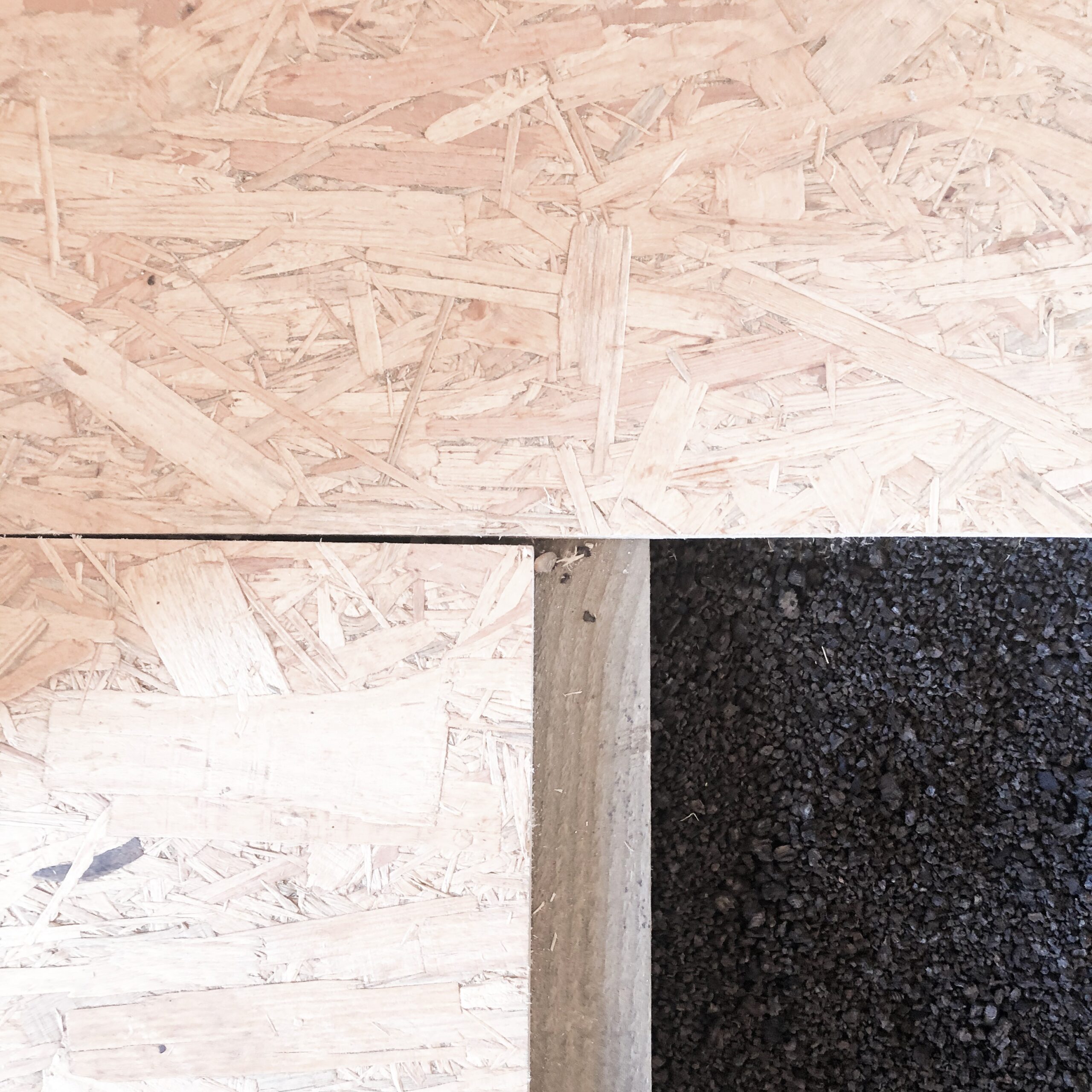The construction sector is one of the most polluting, generates waste, and causes CO2 emissions into the atmosphere. This happens throughout the entire life cycle of construction materials and buildings.
We intend to respond to the global evidence of disruption of the environment, towards the replacement of a linear economy by a circular economy in construction, through a project activity based on the “Cradle to Cradle” concept.
The purpose of the organization is to participate actively in the sustainable development of cities environmentally, economically, and socially. Being in line with European policies and taking into account the commitment to comply with the European Ecological Pact and the United Nations Sustainable Development Goals, in this case, SDG 07 – Renewable and Accessible Energy, SDG 11 - Sustainable Cities and Communities and SDG 13 – Climate Action, we intend that the buildings we design promote carbon neutrality, promoting healthier interior environments with zero emissions and more inclusive and resilient cities.
We think that going beyond the mere function of inhabiting, buildings can be important catalysts in the regeneration of the natural environment and cities, contributing to the reduction of the environmental footprint in this sector.
The innovation associated with ecological and resilient constructions will increase a positive impact on materials, energy, waste, biodiversity, and well-being, bringing people closer to a healthier environment in a direct correlation with social and economic benefits. To reduce the environmental footprint, natural-based solutions contribute to reducing CO2 emissions in “off-site” production and in the lifecycle of the materials, providing the possibility of disassembly for reuse or recycling (based on the concept of “piece-by-piece” demolition) and a circular economy model where resources are part of closed loops and materials are kept for as long as possible.
Starting a project with eco-design principles and a holistic approach will promote and increase true benefits to users and surrounding communities. These are the reasons that will transform challenges into opportunities to provide cities with healthier conditions in which to live and work, and for that, buildings are an important factor of Sustainability (social, economic, and environmental) on a local and global scale. Nature, people, and buildings can interact harmoniously with each other towards an ecological transition and respond to the challenges and unpredictabilities of climate change.







